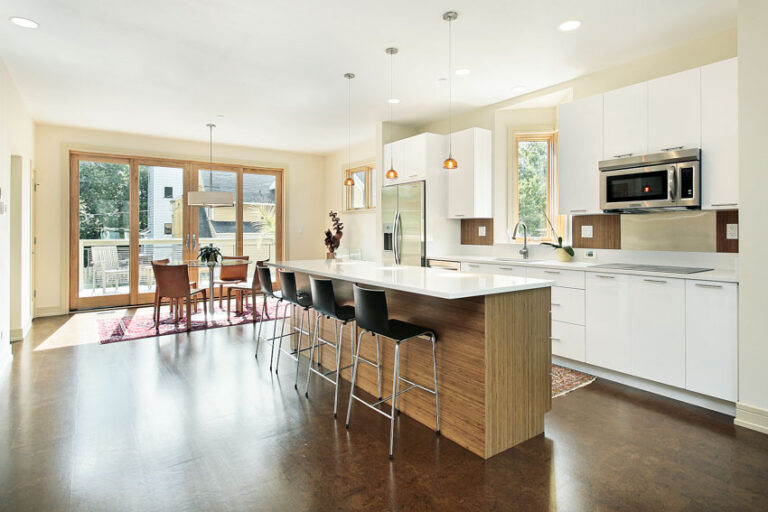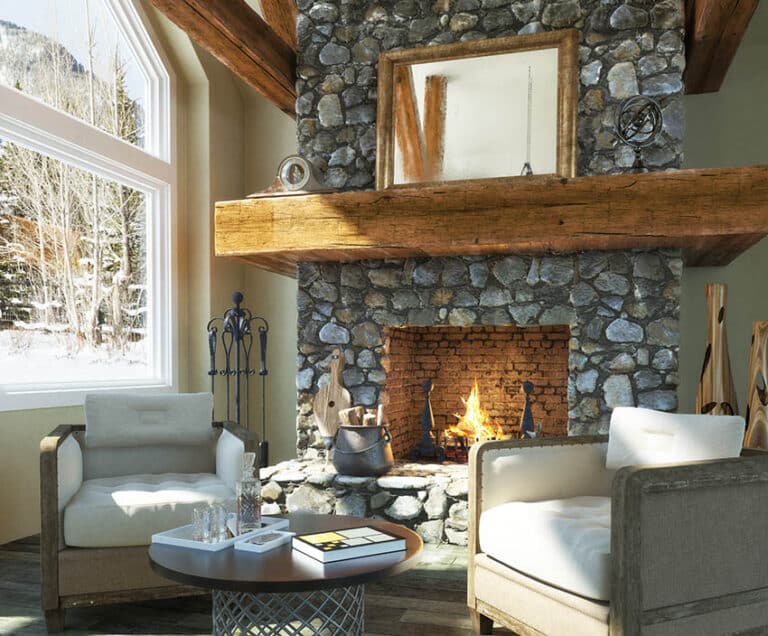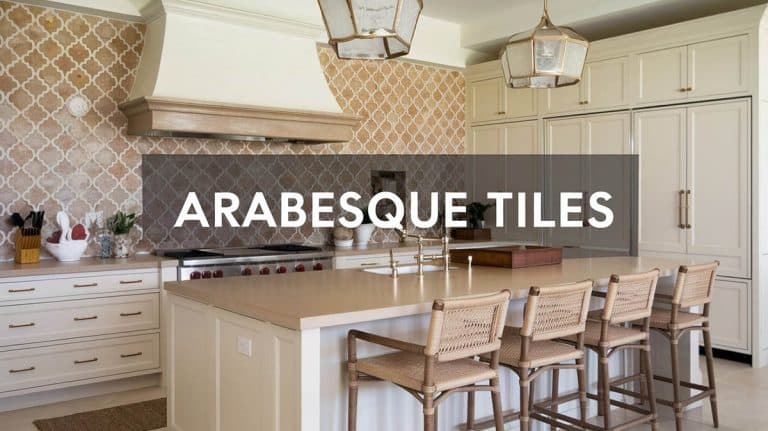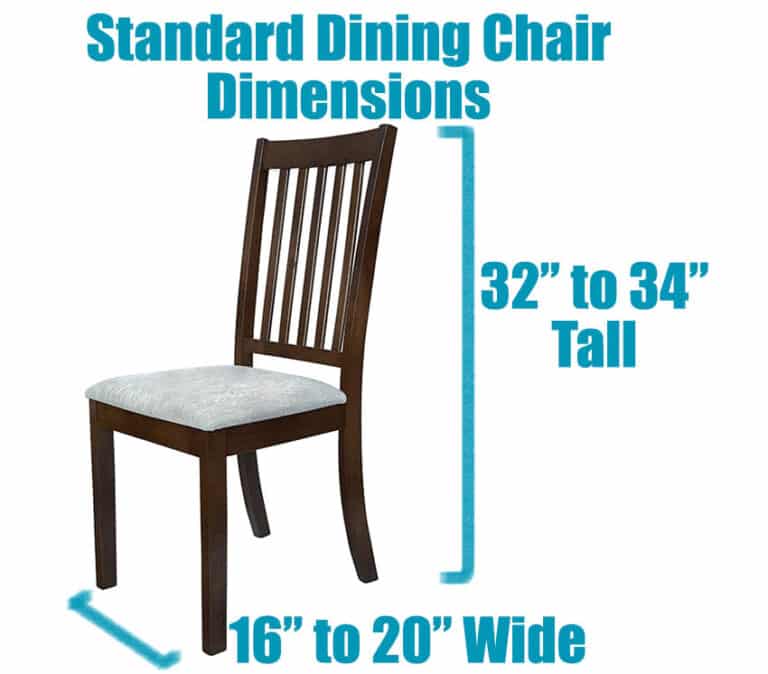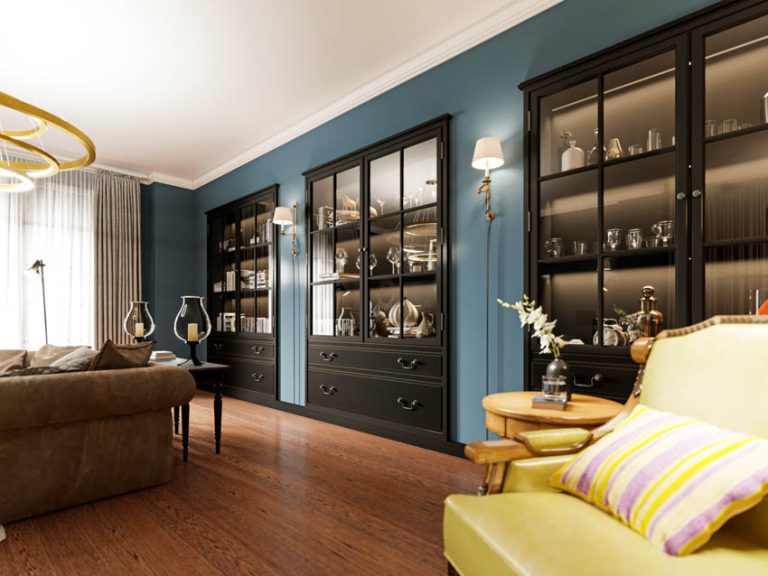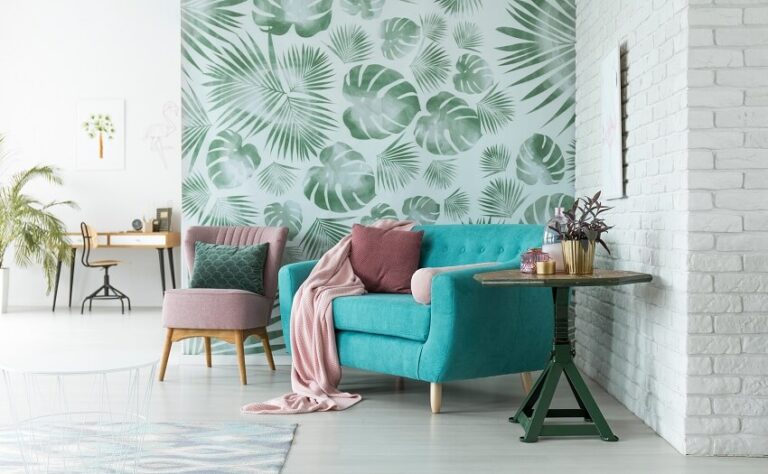Vinyl Windows Pros And Cons
See the vinyl windows pros and cons including what they are, reasons for and against, different grades, lifespan, painting advice, and if vinyl windows are best for your home.
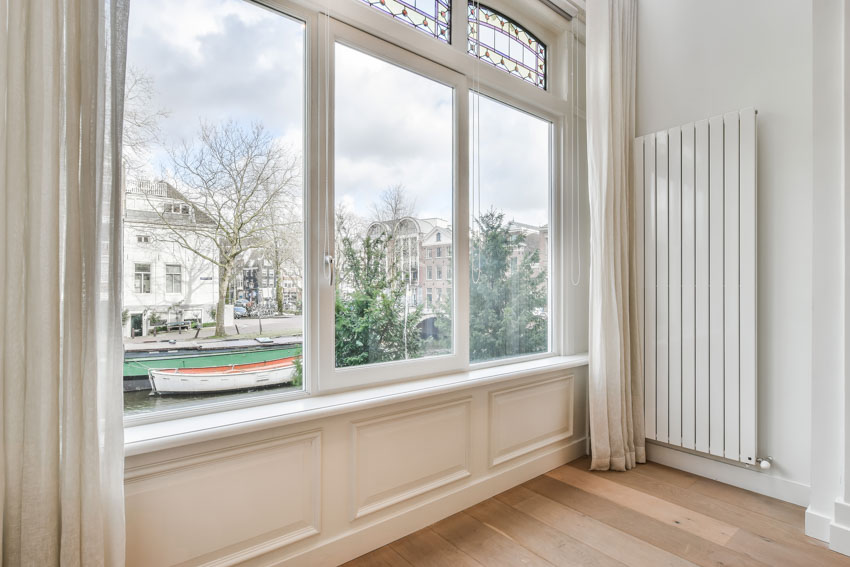
In this article, we will discuss several points to help you decide whether vinyl windows are the right fit for you or not.
What Are Vinyl Windows?
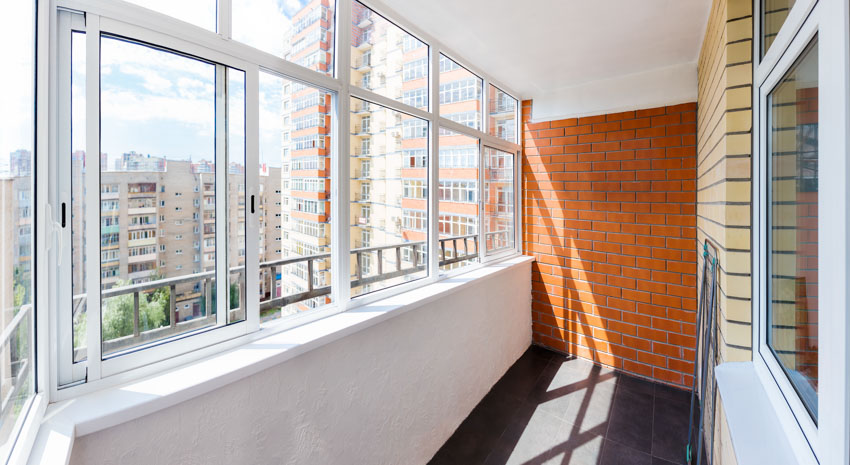

Upload a photo and get instant before-and-after room designs.
No design experience needed — join 2.39 million+ happy users.
👉 Try the AI design tool now
One ingredient in making vinyl windows is titanium dioxide. This element is heatproof and can prevent heat loss. Your heater does not have to work hard to keep the house warm.
The same applies to your air-conditioner. You do not have to keep it running full blast the whole day.
Once the room temperature cools down, you can set the air-conditioner at a low level. Your appliances will consume less energy. This means reduced electricity bills.
Pros Of Vinyl Windows
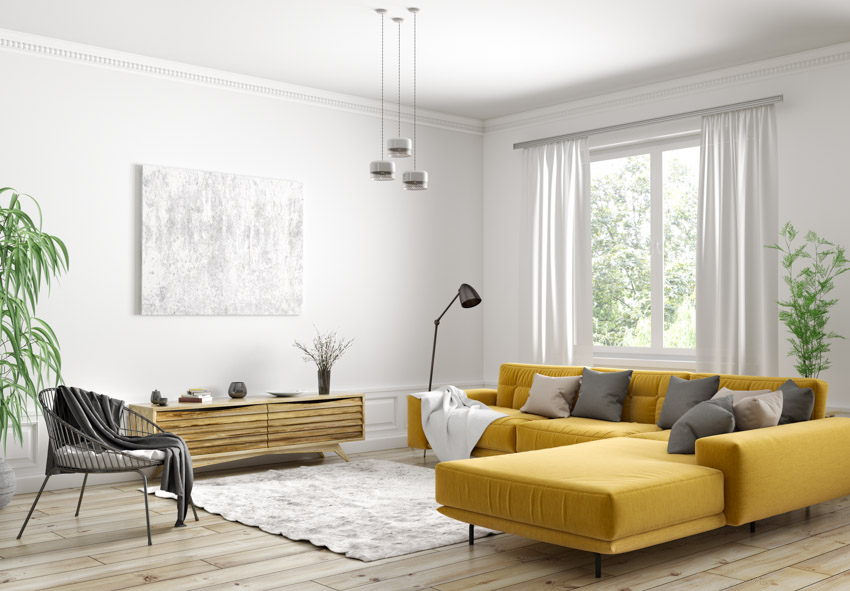
Reduced energy cost
The vinyl window is heat resistant. It prevents heat from getting into your home during summer. Your home will stay cozy during the cold months.
Your heater and air-conditioner do not have to work hard to keep a balanced temperature. This means they consume less energy.
Affordability
Vinyl windows are one of the least expensive window replacements. Yet, this does not mean that it has low quality. Consumers prefer it for its durability.
It does not rot, decay, or corrode. With this type of window, your home can be Energy Star Qualified. You can enjoy tax credits and save money.
The distinction adds value to your home and you can sell it for a good price in the future.
Low maintenance
Vinyl windows do not scratch easily. You can wash them with any cleaning materials to remove stains.
You do not need to paint them. Heat and rain do not affect them. They do not age as fast as other materials.
Variety
Vinyl windows come in different colors, sizes, and styles. You can find your favorite colors among the options.Black vinyl windows are a popular option for modern home styles and even other styles such as craftsman or farmhouse designs.
Sizes also vary. There are standard sized windows. There are sizes for different types of sliding doors or French doors that you can have them customized as well.
Cons Of Vinyl Windows
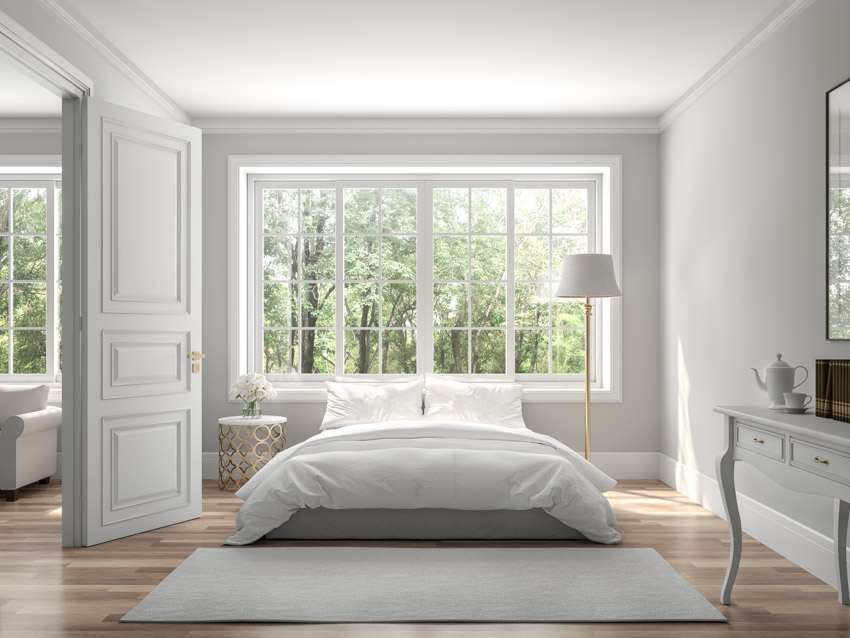
Costly customization
Vinyl windows come in standard sizes and shapes. If you have a specific shape and dimension in mind, you can request a customized one. But, be ready for the high cost.
Varied quality
With the rising popularity of vinyl, you can find a lot of them in the market. This can affect quality. Make sure to read reviews of the line first. Low-quality vinyl windows can crack or get deformed.
Not changeable
Once you choose a vinyl window, commit yourself to your choice. You might decide to repaint your house using a different color.
It will be impossible to paint the windows to match the new color scheme. Despite these downsides, vinyl windows continue to be more popular than other materials.
Different Grades Of Vinyl Windows
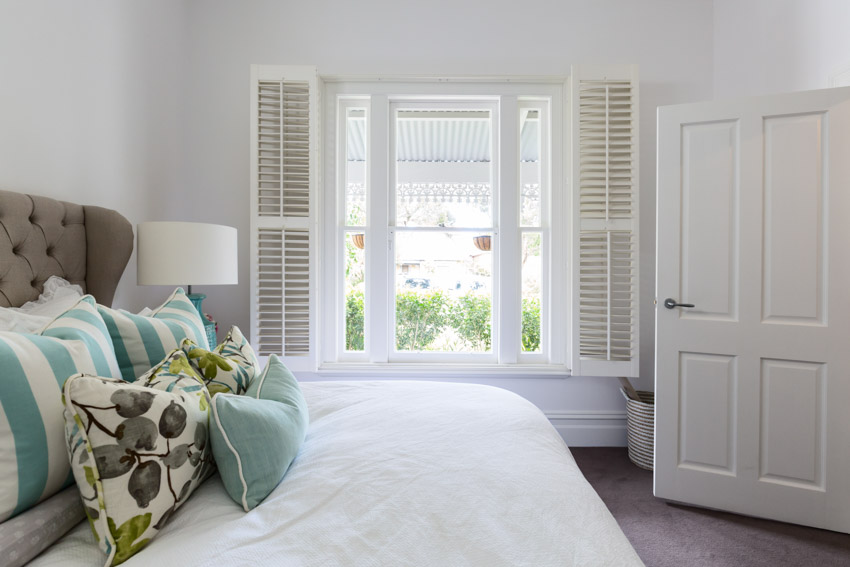
High-grade vinyl types of windows are thicker than low-grade ones. Ask for a cross-section of the item you want to buy.
You can see how thick it is when it is cut across. A thick vinyl window will have a longer life span than a thin one.
The corners of a high-grade vinyl window are fused together. Air cannot leak from it. Low-quality ones have their corners screwed together. There is a big chance of an air leak in the future.
High-grade vinyl windows bear the NFRC (National Fenestration Ratings Council} label. Take note that low-grade ones do not have this label.
U-values
The U-values tell how well the window acts as an insulator. The ideal U-values range from 0.20 to 1.20.
SHGC or Solar Heat Gain Coefficient
The SHGC tells how much of the heat of the sun comes through the window. A coefficient of 0 to 1 is ideal.
VLT or Visible Light Transmittance
This is the amount of visible light that transmits through a window. It ranges from 40% to 70%. A lower VLT is always a sign that the vinyl window is of high grade.
CR or condensation Rate
Some vinyl windows cannot resist condensation on the inside of the window. Higher values are better than lower values. Lower R values mean low-grade vinyl windows.
What Is the Life Span of Vinyl Windows?
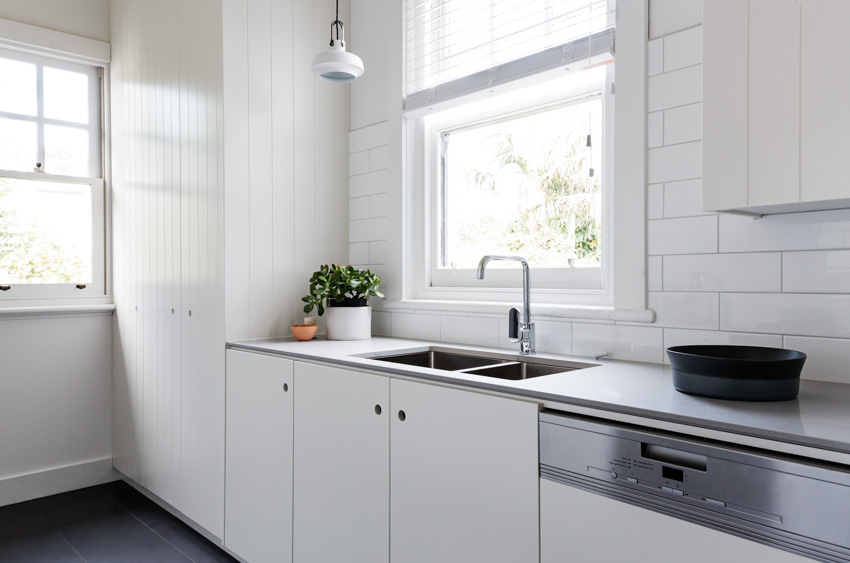
Aside from being affordable, this window material is durable and energy-efficient. High-grade vinyl windows can last for several decades.
On average, you can use them for 20 to 40 years. Their life span is longer than that of wood or metal windows.
Can Vinyl Windows Be Painted?
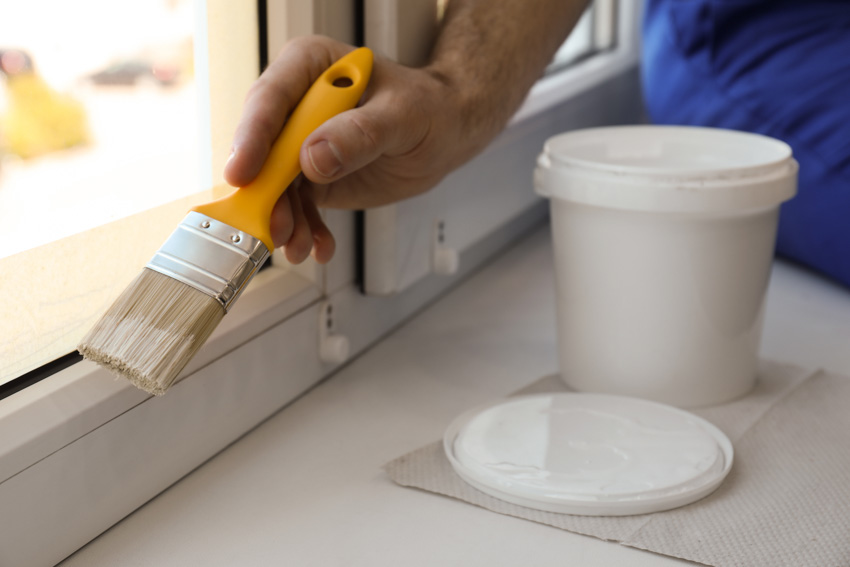
Cleaning the window and applying a coat of primer can cause the material to warp and the glass to break.
The best thing to do is to choose a vinyl window with a hue that can go with any color you use to repaint your house.
Are Vinyl Windows Good?
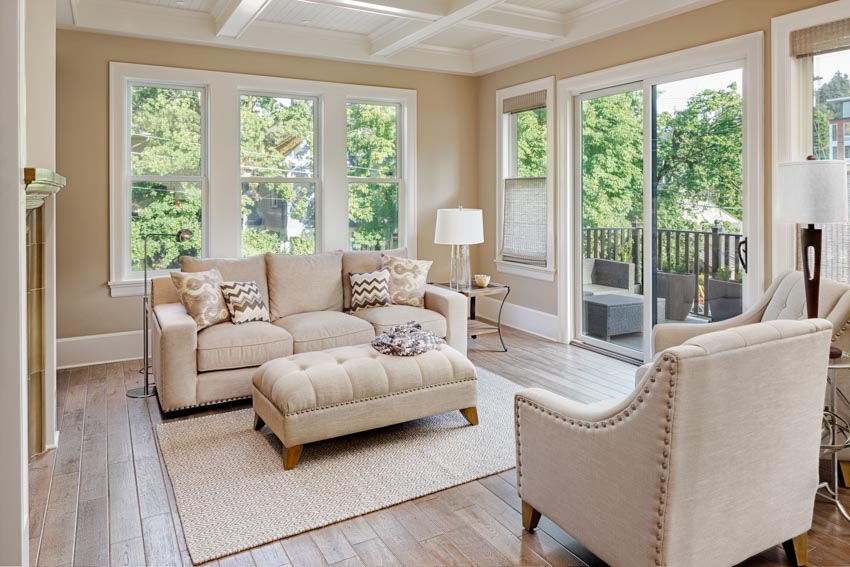
Have an affordable, durable, and energy-efficient window replacement. Opt for vinyl windows. They are a good, if not the best option.
See more related content in our article about wood vs vinyl windows on this page.

